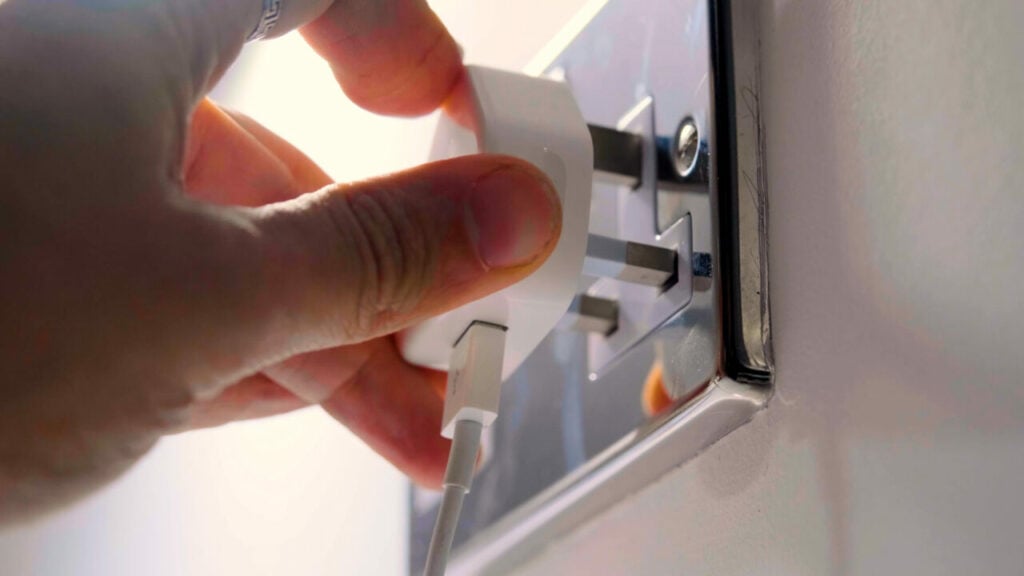Ofgem has today (23 February) confirmed the 1 April to 30 June 2024 Default Tariff Cap will be set at £1,690 for the average dual fuel household paying by direct debit, the lowest cap in two years.
Wholesale cost saw the biggest decrease of the price cap’s cost stack, decreasing by £265 (12%) between the current January to March (Q1) cap and the April to June (Q2) cap. However, several costs were added, including a one-off payment of £28 to cover the growing issue of bad debt, which will be added onto annual energy bills for 12 months (£3 per cap).
A new levelisation allowance of £10 was also added to the Q2 price cap, which Ofgem introduced so “that people who pay for their energy using a prepayment meter will pay the same standing charge as those who pay by direct debit.”
Electricity and gas unit prices and standing charges, 1 January to 30 June 2024
| Energy price cap per unit and standing charge 1 January to 31 March 2024 | Energy price cap per unit and standing charge 1 April to 30 June 2024 | |
| Electricity | 28.62p per kWh 53.35p daily standing charge | 24.50p per kWh 60.10p daily standing charge |
| Gas | 7.42p per kWh 29.60p daily standing charge | 6.04p per kWh 31.43p daily standing charge |
As illustrated below, this is the lowest price cap set since 2021/2022 winter.
Despite being £238 lower than the current cap – set at £1,928 – fuel poverty charity National Energy Action pointed out that the cap still sits at over £400 a year more than in it in October 2021, before the energy crisis, an issue that has often been attributed a reliance on fossil fuels and an inherent susceptibility to international wholesale markets.
“Today’s announcement that energy bills will fall by £238 on average will be welcome news for families across the country. This means households will be paying the lowest cost for their energy since Putin’s illegal invasion of Ukraine two years ago,” said energy security secretary Claire Coutinho.
“My mission is to cut costs and get bills even lower so that families can spend their money on the things that matter most to them. Today we’re announcing further measures to slash bills for families and improve access to cheaper, flexible deals.”
DESNZ opens call for evidence to update default energy tariffs
Part of the announcement Coutinho alludes to is the newly-opened consultation into default energy tariffs for households.
Published today (23 February), a consultation launched by the department for Energy Security and Net Zero (DESNZ) is seeking views on how to evolve default tariffs to make them fairer to, and more supportive for, households.
In November 2023, Ofgem also launched a review into how standing charges, where the cost is set by the energy supplier and is included in the energy price cap, are applied to energy bills and what alternatives could be considered for consumers.





